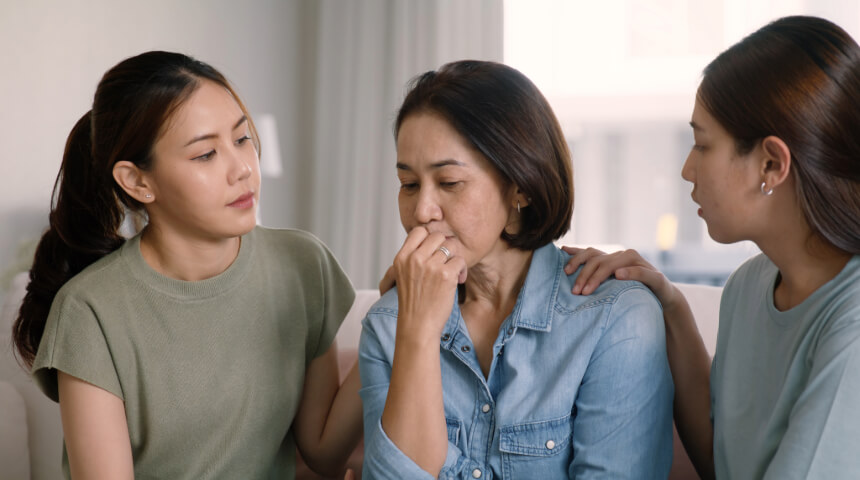Most people know as much about their brains as they do the deep ocean. In other words: not a lot.
In the absence of having the facts about your brain, it’s easy to believe the myths, such as:
We Only Use 10 percent of Our Brain
This common myth dates back more than a century. As technology with imaging and functional MRIs improves, doctors are finding that we use all our brain. With just about any activity, multiple lobes could be firing at the same time. Even with a simple act such as reading, you’re using:
- Cerebellum coordinates eye movement
- Occipital lobe receives the messages from your eyes
- Frontal lobe processes the information you just read
- Parietal lobe absorbs context
- If you’re reading at night, your brain stem is decreasing your brain’s activation until you fall asleep
Male and Female Brains Process Information Differently
We often hear that men and women process information differently, but it’s not true. One common example is that women are more focused on emotions, and men tend to be more pragmatic. But there is no scientific evidence that the male and female brains are different. When a neurosurgeon looks at a brain scan, they cannot tell if the brain belongs to a male or female.
Video Games Rot Your Brain
There is no research showing that a person playing video games loses cognitive function. Nor is there a specific number of hours in a week that is a healthy or unhealthy amount of time to be playing. These games can help develop strategy and hand-eye coordination.
In fact, there are benefits to playing video games. In fact, surgeons must manipulate with their hands but watch the results on a screen, which is a skill strengthened by video games. Games like video soccer also strengthen your ability to strategize and plan for the future. Recent studies have also shown that video games can help older adults maintain the health and agility of their brains.
Problems can arise if you have no social interaction beyond the screen. This could indicate a mental health problem, but not always. Ideally, anyone who is playing video games is also mixing in social time with friends outside and other offline contexts.
You’re Either Left-Side or Right-Side Dominant
We’ve all heard that left-side dominant people are more analytical, and right-side dominant people are more creative. People use both sides of their brain. Someone’s creativity would likely stem from personal interest or perhaps growing up in a creative family, not simply because one side of their brain is allegedly more dominant.
According to this theory, handedness also correlates to which hemisphere of your brain is dominant, for example, left-handed people supposedly are more right-brained. This is not true. Most people are right-handed, but that doesn’t they are more analytical than creative. That’s because there is no correlation between handedness and which side of the brain you use more.
Brain Plasticity Stops with Age
People widely assume that the plasticity of their brain will decrease with age. The brain, like a muscle, needs to be regularly exercised to maintain strength and agility. When we task our brains with learning new things or doing things in new ways, we help increase its plasticity — which by no means ceases completely with age.
To promote brain plasticity, consider activities such as:
- Playing tennis and other sports to improve your brain’s ability to coordinate movements and increase its ability to strategize
- Trying Sudoku or other verbal or math puzzles to strengthen verbal activity, memory and repetition
- Using apps that focus on math and memory to help increase your brain’s ability to adapt and grow new neural pathways
Memory Always Declines as You Get Older
Another myth is that everyone loses the ability to recall information as they age. Not so. Being unable to recall information is one of the signs pointing to Alzheimer’s or dementia, and is not something that will necessarily occur in all adults as they age. Those who do notice a decline in long-term memory should consult with a doctor to find out more.
Keep in mind that adults often improve their memory, such as visual and spatial memory, with certain tasks as they age.
Short-term memory is more commonly affected, but consider, too, that adults tend to have far greater responsibilities as they age: children, grandchildren, job and volunteer work, for example. With so much to keep track of, it can be natural to forget something occasionally, and forgetting does not need to be an indicator of anything serious. If you have concerns, see your doctor.
Choose Comprehensive Neurological Care
Hermes G. Garcia, MD, is a neurosurgeon in practice with the Orlando Health Neuroscience Institute. With his expertise in minimally invasive techniques, he is able to decrease the impact of surgery, leading to a smoother and quicker recovery.
Learn More










